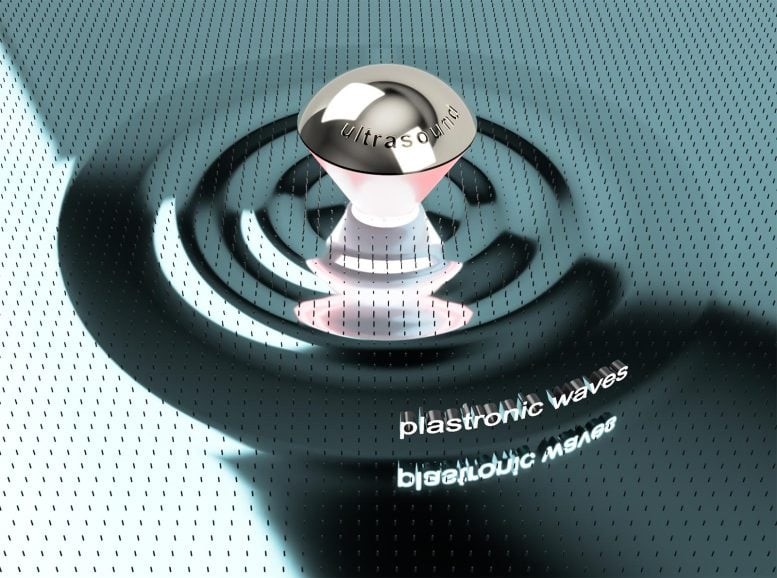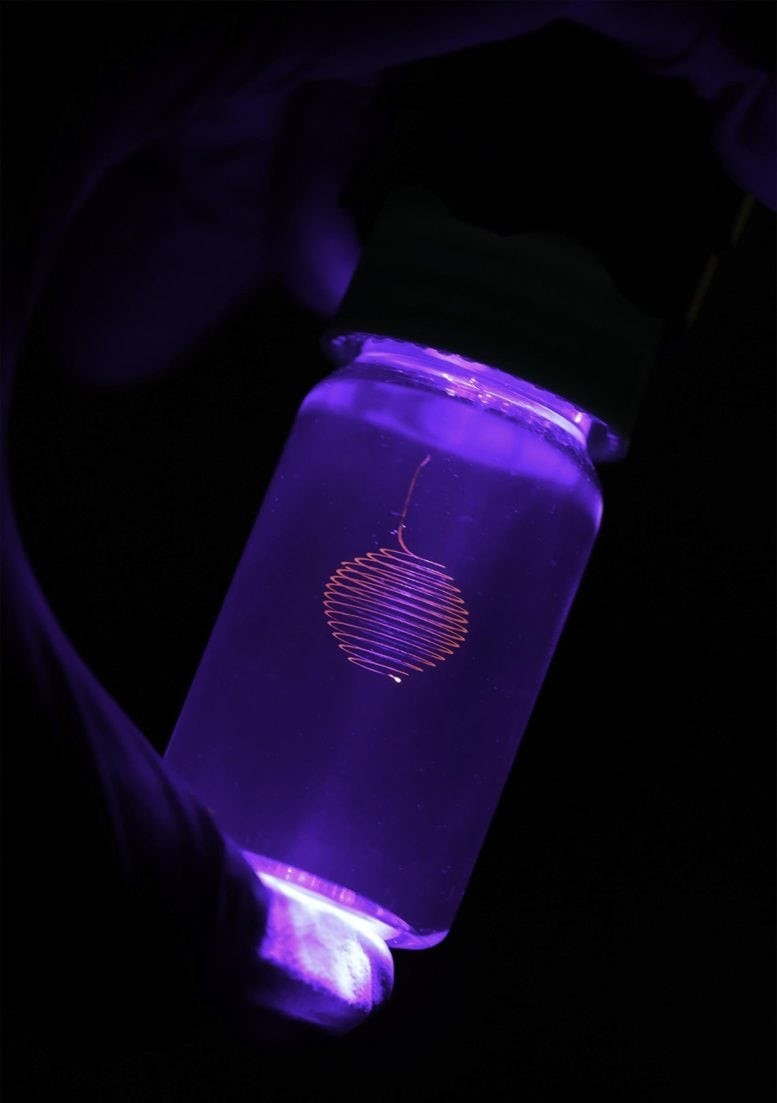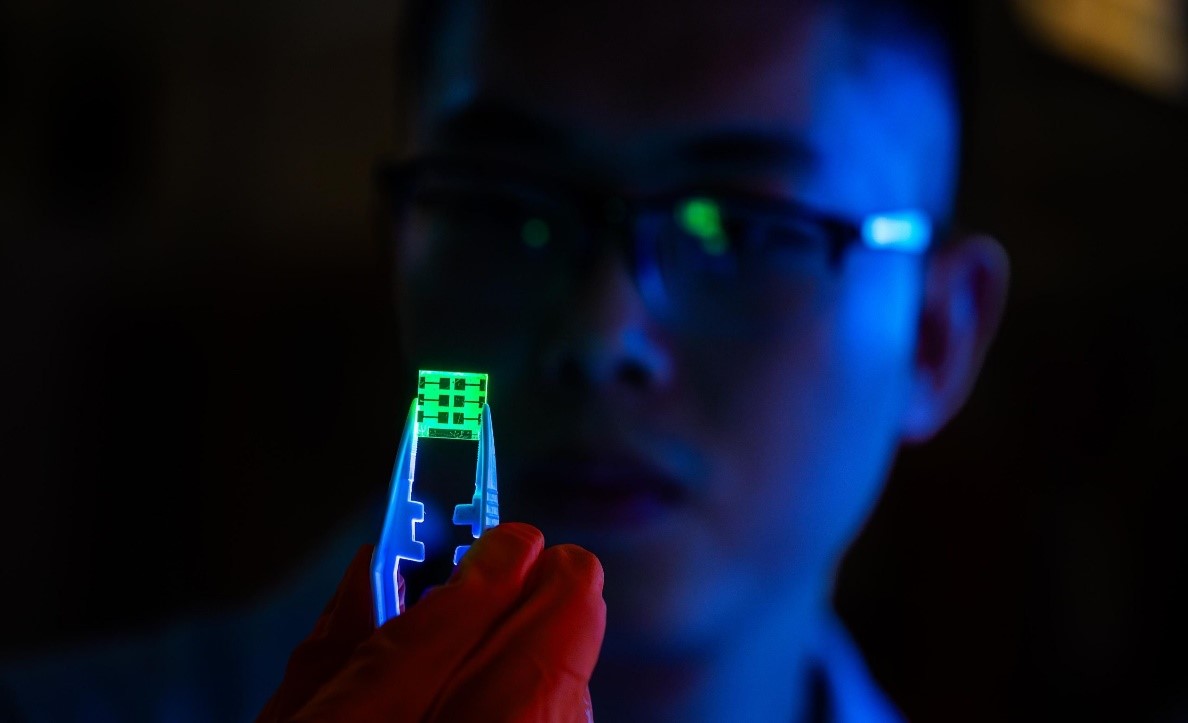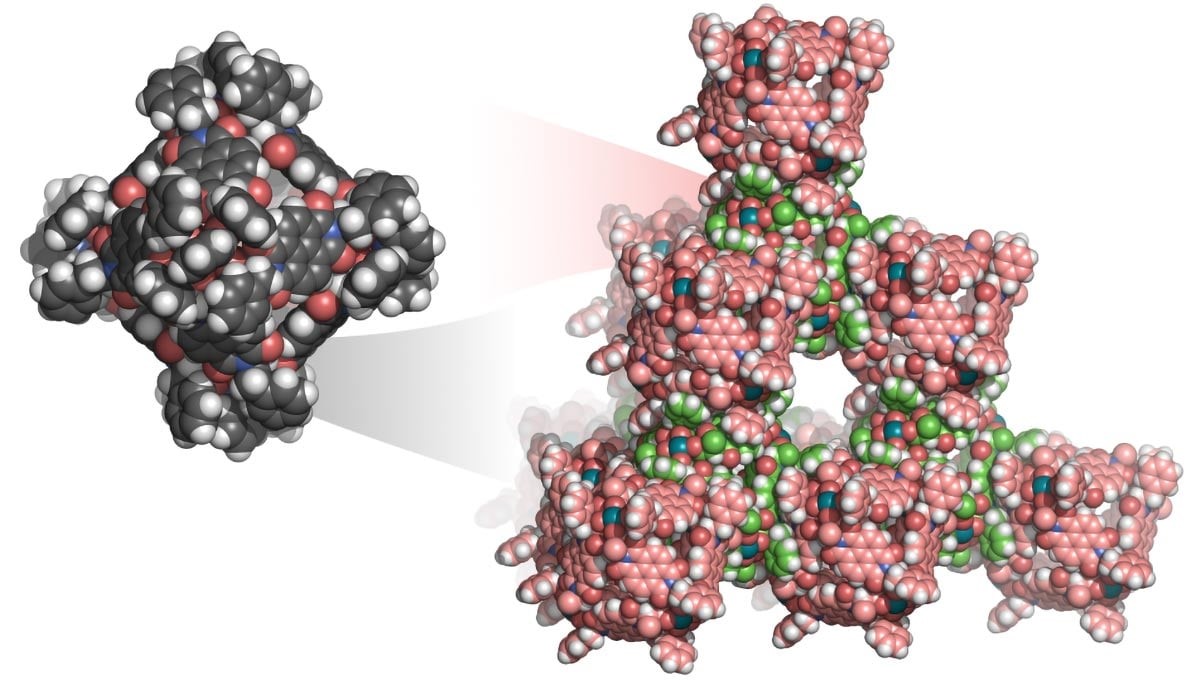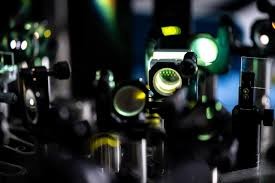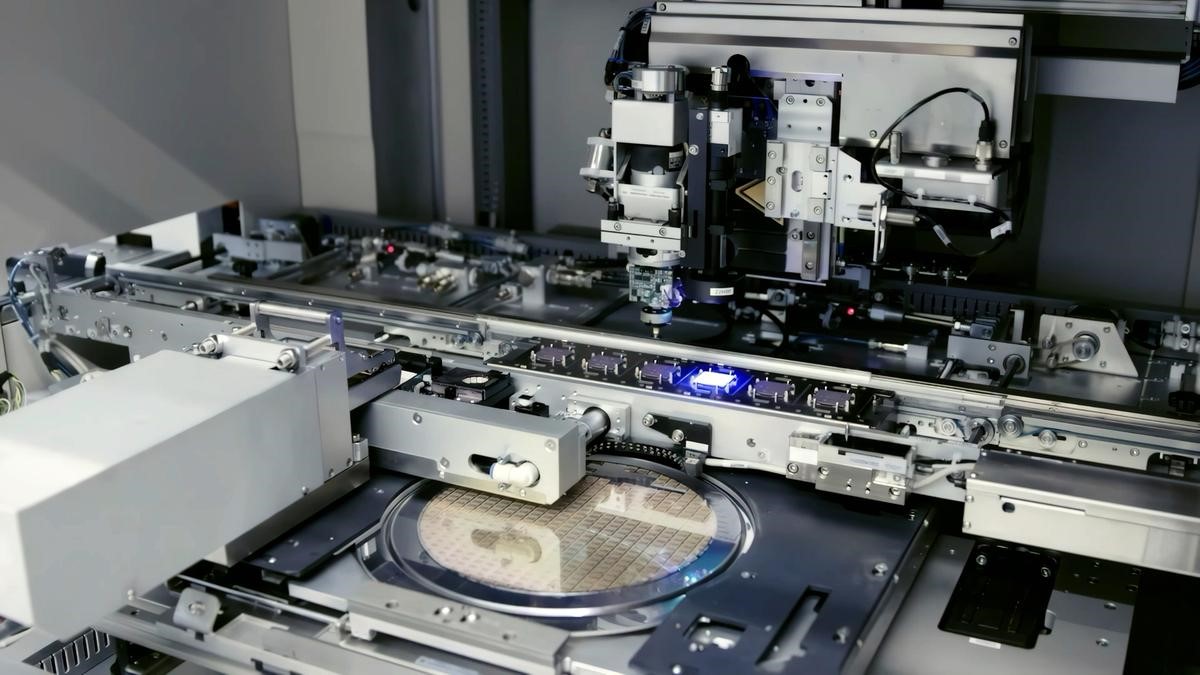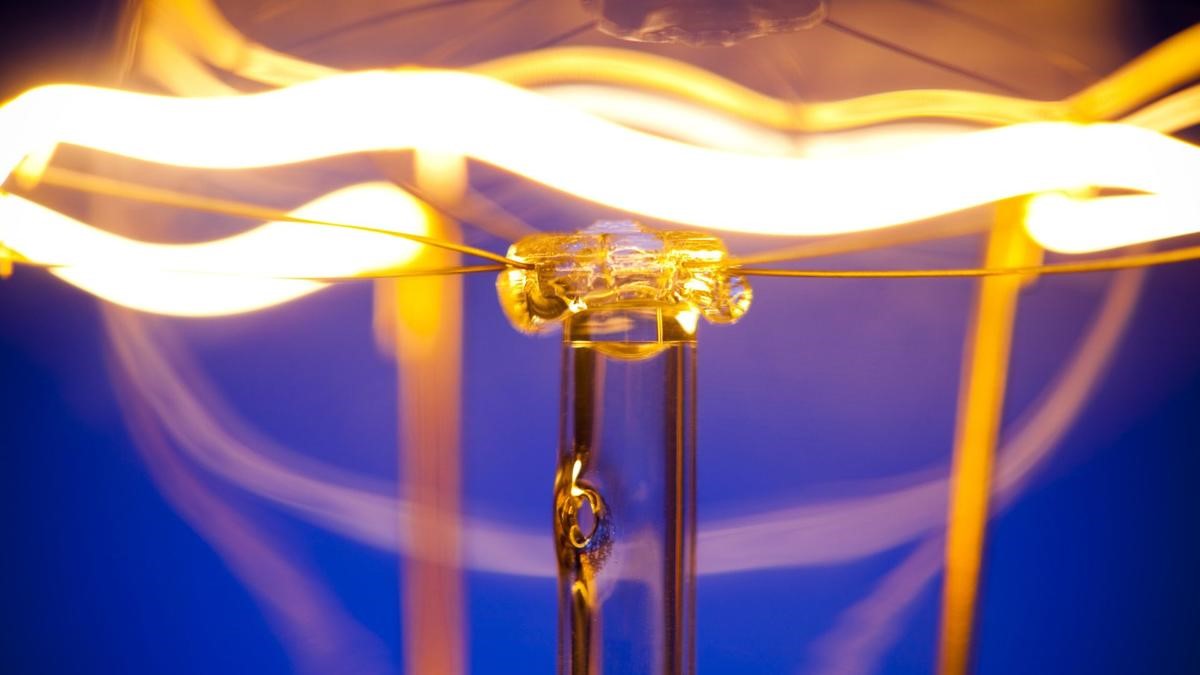Innovative Sensor Could Prevent Lithium-Ion Battery Explosions and Detect Gas Leaks
Advanced Sensor Enhances Lithium-Ion Battery Safety
Lithium-ion batteries are essential for powering devices from smartphones to electric vehicles, but safety remains a critical concern. While these batteries are known for their efficiency and durability, failures can be hazardous.
With the growing adoption of electric vehicles, the urgency of addressing this issue has increased. Reports have linked over 20 EV fires and explosions to lithium-ion battery failures.
A recent study published in ACS Applied Materials & Interfaces introduces an innovative sensor that could help prevent such incidents. As lithium-ion batteries become more prevalent in consumer electronics, electric vehicles, and military applications, the need for improved safety measures continues to grow. Despite their high energy density and long lifespan, these batteries pose significant risks.

Figure 1.lithium-ion battery explosions.
Cutting-Edge Sensor for Early Detection
Battery cell overheating or damage can release volatile vapors, potentially leading to fires or explosions. To mitigate these risks, it is crucial to develop gas sensors that are highly sensitive, selective, cost-effective, energy-efficient, and easy to integrate [1]. Figure 1 shows lithium-ion battery explosions.
Researcher Zhao emphasizes that their work is driven by the need for safer batteries. By enabling early detection of electrolyte leaks, the sensor aims to enhance battery management systems, prevent failures, and improve the overall reliability of lithium-ion technology.
The newly developed sensor detects trace amounts of ethylene carbonate (EC) vapor, a key component of battery electrolytes, allowing for the identification of potential failures before they become severe.
This highly sensitive and cost-effective gas sensor is built using covalent organic frameworks (COFs), molecular structures engineered to selectively detect specific gases. Notably, this marks the first time a COF-based sensor has been computationally designed for EC detection.
Detecting Lithium-Ion Battery Leaks
Researchers used computational methods to screen hundreds of potential materials before identifying COF-QA-4 as the most effective candidate. This material is highly sensitive and selective, detecting harmful ethylene carbonate (EC) gas while ignoring other vapors.
“The sensor can detect leaks long before they become hazardous,” Zhao explained. In laboratory tests, the sensor exhibited outstanding performance, detecting EC vapor at concentrations as low as 1.15 parts per million (ppm).
Beyond electric vehicles, this technology has broader applications [2]. It could be integrated into battery management systems for smart home devices and industrial safety systems, providing real-time alerts for hazardous gas leaks. By acting as an early warning system, the sensor has the potential to prevent catastrophic accidents and enhance overall safety.
References
- https://interestingengineering.com/energy/breakthrough-sensor-stop-lithium-battery-explosions
- https://techxplore.com/news/2025-03-sensor-lithium-ion-battery-explosions.html
Cite this article:
Keerthana S (2025), Innovative Sensor Could Prevent Lithium-Ion Battery Explosions and Detect Gas Leaks,AnaTechMaz, pp. 148





